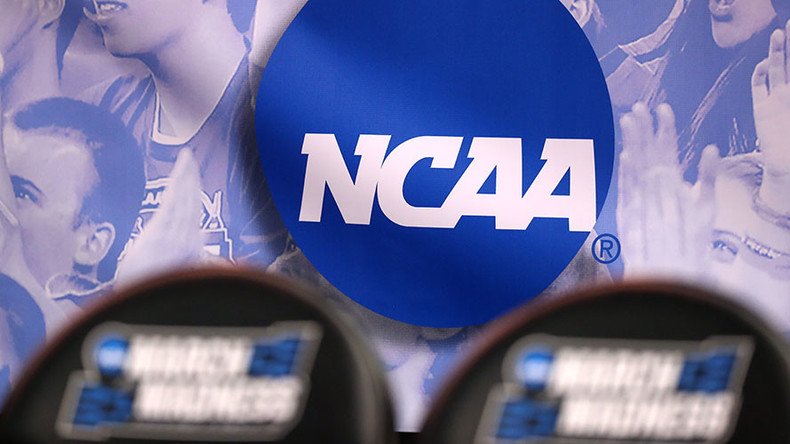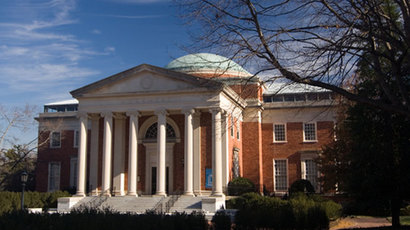‘Inconclusive’: Tar Heels escape punishment in decades-long academic scandal

The University of North Carolina at Chapel Hill has avoided sanctions following a probe into allegations of academic fraud involving thousands of student athletes taking phantom courses in the Department of African and Afro-American studies.
The scheme involved nearly 200 poorly administered and graded classes ‒ frequently requiring no attendance and just one paper ‒ over nearly two decades, according to allegations leveled against the ‘Tar Heels,’ as UNC sports teams are known.
“The panel concluded that while student-athletes and athletics programs may have benefitted from utilizing the courses, the general student body also benefited,” the National College Athletic Association (NCAA) said on Friday.
“Based on both the information available in the record and North Carolina’s support of the courses that were offered as not violating its policies, the panel could conclude that the university failed to monitor or lacked control over its athletics program,” said the association administering college sports across the US.
The NCAA won't penalize UNC for putting athletes in classes that never met and often required only one final paper. This one got an A-minus. pic.twitter.com/Mh8SQ63ND5
— Bryan Armen Graham (@BryanAGraham) October 13, 2017
The NCAA did not dispute that major academic fraud had occurred over several years, but its Committee on Infractions (COI) concluded that it did not have the power to punish the university.
“The record, however, does not establish specific, intentional or systemic efforts tied to athletics motives. The record was full of email chains, missing academic work and interviews conducted, in some circumstances, more than five years after the classes ceased,” said the COI panel. “Those materials required the panel to, at best, infer motives based on the large number of student-athletes who took the courses and received high marks.”
University of North Carolina Chancellor Carol Folt was pleased with the NCAA’s ruling, but told CBS Sports that this “isn’t a time of celebration.”
“I appreciated the real scrutiny that the NCAA put forward, but this is what I expected to be the outcome,” Folt said.
The investigation found that for nearly two decades, UNC offered a “shadow curriculum” of fake classes, into which athletes were steered. The NCAA said UNC has used those courses to help keep student athletes eligible to participate in sports. The scheme involved thousands of students recruited to participate in lucrative, high-profile sports like football and men’s basketball.
The scandal was so serious that the NCAA briefly placed UNC on probation.
The investigation, which began in June 2010, ran into a major obstacle when Dr. Julius Nyang’oro, head of the Department of African and Afro-American Studies, refused to cooperate with the NCAA. Nyang’oro officially retired in July 2012. The NCAA lacked the subpoena power to compel him to testify.
In the end, the COI held two people responsible on charges of failure to cooperate: Nyang’oro and Deborah Crowder, a retired administrator who oversaw the phantom courses.
University sports are big business in the US, with the NCAA making around $1 billion in annual revenue.













